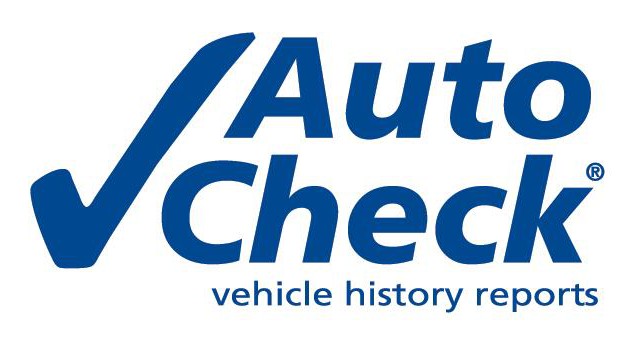Vehicle History Reports: An Added Peace of Mind
Recently, one of my good friends was in the market for a “daily driver,” so naturally we went straight to Craigslist to see if we could find any good deals.
With a budget of $1,500, we knew we didn’t have much room to be picky; so our main goals were to find a fairly clean vehicle that ran well and had relatively low miles compared to its age. After digging through countless listings, we finally picked out 8 vehicles that seemed to meet our criteria.
Several phone calls and emails later, we were able to scrutinize and test drive 6 of the vehicles on one looong Saturday afternoon. My friend then narrowed down his choices to three vehicles; although I’m fairly certain he had already made up his mind on one of them. Before reaching out to any of the owner’s with an offer, I persuaded him to get a vehicle history report, just for that added piece of mind.
Before forking out money for any used vehicle, every shopper should purchase a vehicle history report. These reports contain general information about the vehicle and could be useful in catching any prior problems with a vehicle. Access to vehicle history reports can be purchased for about $30 to look up one vehicle, or from around $50 for checking multiple vehicles for a set period of time, usually 30 days. At DriveTime, every vehicle comes with an AutoCheck Vehicle History Report, the most comprehensive history report in the industry, for free.
So what exactly do you get out of an AutoCheck Vehicle History Report and why should you never purchase a vehicle without one?
- Basic Vehicle Information
The first section of the report will contain the vehicle’s general information including the Vehicle Identification Number (VIN), year, make, model, body style, engine information and number of owners. This verifies that the report provided is for the same vehicle you’re considering. Knowing the numbers of owners can also help in the decision making process. Usually, a higher number of owners relative to vehicle age can signify a potential issue with the vehicle. On average, most people own a vehicle for at least four years.
- Accident History
Every history report contains information about any accidents that a vehicle has been reported to have been in. This may range from fender benders to more serious ones, provided they were reported. Vehicles that have been in accidents may have additional issues down the road so it’s best to avoid these and any potential headaches they may cause.
- Title History
This section verifies that a vehicle hasn’t had serious past damage or significant problems. Some common problem areas are: fire, hail or water damage, frame damage as a result of an accident, or whether a vehicle has been rebuilt or salvaged after an accident. If the vehicle history report contains one of these issues, consider it a red flag on that vehicle, it may have compromised safety standards and could cause future problems.
- Odometer Check
In this section you will find any indication of odometer tampering or rollback and a summary of the odometer readings. Odometer rollback is the practice of reducing the count on the mileage tracker. Rolling back a vehicle’s odometer is illegal and interferes with its regular maintenance schedule that could result in expensive repairs down the line.
- Vehicle Use
The Vehicle Use section of the history report covers the vehicles usage history including any use as a rental or fleet vehicle or any loans/lien titles issued for the vehicle. This section also reports any changes in a vehicle’s title, any accident, repossession or theft records as well as emissions and safety inspection records.
- Full History
In the last section of your AutoCheck Vehicle History Report, you will find a summary of the vehicle’s major events including registration renewal, maintenance reports and changes in vehicle ownership. This gives a great picture about where the car was been owned or driven most and how well the previous owner(s) have kept up with regular maintenance, again, if reported.
While vehicle history reports should not be the deciding factor on whether or not to buy a particular used car, they give a good indication of the vehicle’s general condition, problems it may have had in the past and how previous owners may have taken care of it.
So what happened to my friend? As it turns out, the AutoCheck Vehicle History Report showed that his preferred vehicle had been involved in an accident a few years back, something the current owner said he didn’t know about. The second vehicle choice showed to be a clean title, one owner vehicle with regular maintenance performed, so it was an easy decision after that.
You can view an AutoCheck Vehicle History Report for any of our vehicles in inventory by viewing their detail page and clicking the AutoCheck button, displayed near the vehicle’s MPG rating.
Special note: Experian AutoCheck report is created by a private company not affiliated with us. AutoCheck obtains information from both government and private sources. We provide this title history report as a courtesy. Use or damage information about the vehicle that is not on the title history report given to you may appear on reports created by other private companies or on an AutoCheck report obtained after you’ve decided to purchase the vehicle. We encourage you to research your purchase thoroughly and to fill out the AutoCheck Buyback Protection Registration Form.
How has a vehicle history report saved you from buying a potential headache?






